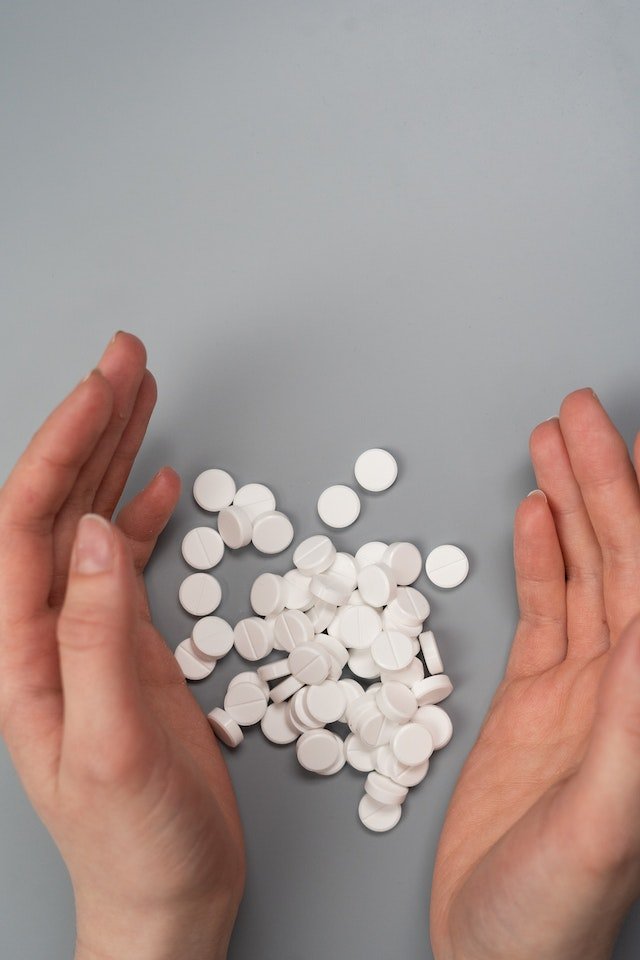Addiction to drugs is a worldwide epidemic that impacts countless lives. When someone you care about is trying to hide their drug usage from you, it m
Addiction to drugs is a worldwide epidemic that impacts countless lives. When someone you care about is trying to hide their drug usage from you, it may be tough to tell whether they have a problem. However, knowing the warning signs of drug abuse might help you get your loved one the care they need. This article will explore how to tell whether a loved one has a drug problem and what to do about it.
Signs and Symptoms of Drug Addiction
Behavioral changes
Look for behavioral changes if you worry a loved one is struggling with drug abuse. These shifts could be hard to notice initially, but they often become more pronounced with time. They may become less open with others and even withdraw socially. Mood swings, impatience, and agitation are other possible symptoms. Any drastic changes in their conduct might be a warning indication of addiction, so watch out.
Physical symptoms
Those struggling with a drug addiction may also report experiencing physiological effects. Examples include changes in eating habits, sleeping schedules, and cleanliness practices. They may also exhibit physical signs of drug abuse, such as tremors, seizures, and mood swings. Addiction may manifest itself physically, so watch for sudden weight loss or other noticeable changes in your loved one.
Financial problems
Addiction to drugs may also lead to monetary difficulties. They may waste a lot of money on their habit, which puts them in a precarious financial position. They could borrow from loved ones or even steal to feed their habit. You should consider whether your loved one’s drug use is an issue if you’ve noticed that they are having money problems.
Changes in social circle
Those struggling with substance abuse may also alter their social circles. They could start spending more time with drug users and less with sober loved ones, and they may withdraw from others and isolate themselves. Changes in your loved one’s social life or increased isolation might indicate substance abuse.
Neglecting responsibilities
Neglecting one’s duties at work, school, or home is another side effect of addiction. They may begin skipping classes or jobs, ignoring their kids or pets, and not paying their rent. They may start acting increasingly erratically and can’t keep their commitments. Consider the possibility that addiction is at the root of the problem if you see a loved one neglecting their duties.
Physical evidence
Physical signs of drug usage are another red flag that might point to addiction in a loved one. Drug paraphernalia might contain everything from needles, pipes, rolling papers, and empty prescription bottles. Drugs or signs of drug usage might also be present in their home. You should approach your loved one and get treatment if you discover any signs of drug usage.
Supporting a Loved One with Drug Addiction
Approach them with care and concern.
You must approach a loved one with care and concern if you think they have a drug addiction. Please don’t be too critical or argumentative because they can become defensive or deny they have a problem.
Offer support
Ensure your loved one knows you’re rooting for them and are willing to do what it takes to ensure they receive the care they need. Propose accompanying them to appointments, assisting them in locating treatment choices, or just being a listening ear.
Educate yourself
Learn as much as you can about drug addiction and available treatments so that you can advise a loved one effectively. You may learn more about their situation and how to aid them if you do this.
Set boundaries
Establishing limits with your loved one is essential to safeguard your health and happiness. This may include imposing restrictions on the amount of financial assistance provided or refusing to facilitate the addict’s behavior.
Encourage them to seek professional help.
Encourage your loved one to seek professional help for drug addiction. It’s important that they consult with a therapist, counselor, or addiction expert for drug addiction help. Inpatient and outpatient programs, support groups, and medication-assisted therapy are all viable choices for care.
Benefits of Identifying a Loved One’s Drug Addiction
Preventing harm
A person’s physical and mental health and their legal and financial standing may all suffer from prolonged drug abuse. Recognizing a drug problem in a loved one may protect everyone involved.
Reducing stigma
Knowing that a loved one is addicted to drugs might assist in lowering the social stigma associated with the disease. Addiction is an illness, and individuals who struggle with it need aid and support, not criticism, and this may help spread awareness and promote a more empathetic attitude towards addiction.
Improving Overall Health
You improve the health and well-being of someone you care about when you identify drug usage and help them get treatment. Consequently, they and others around them may experience more happiness and fulfillment.
Conclusion
In conclusion, addicts and their loved ones may suffer tremendously from drug use. Signs of addiction include shifts in behavior, medical symptoms, financial difficulties, changes in social circle and circle of friends, disregard of obligations, and even physical proof. If your loved one exhibits symptoms of addiction, you may encourage them to get assistance and reclaim their life.



COMMENTS